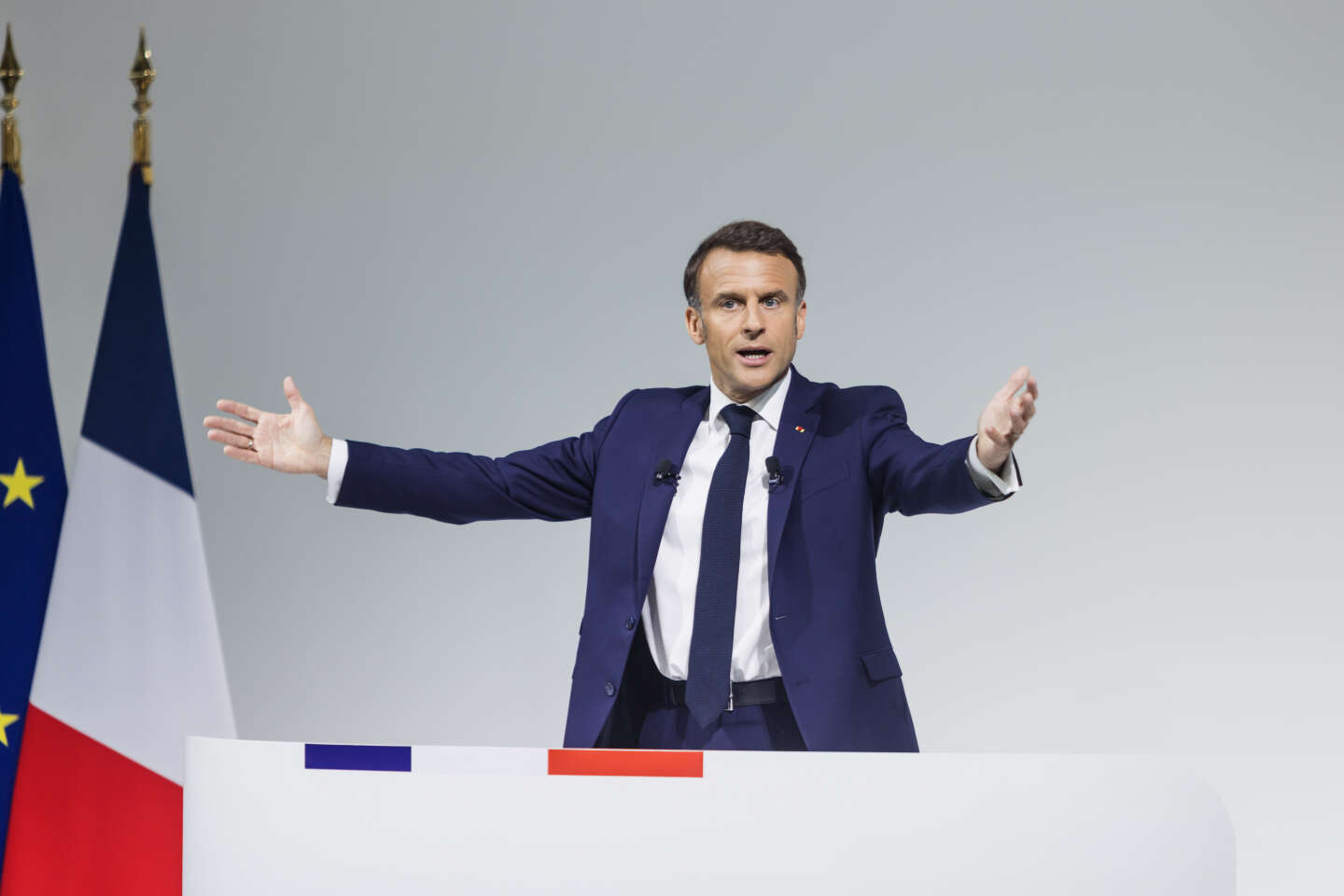Emmanuel Macron is not the only European leader to have been defeated in the European elections on June 9. Germany’s Social Democrat Chancellor Olaf Scholz also suffered a serious setback. However, the French president’s counterparts, with whom he is scheduled to have dinner with in Brussels on Monday, June 17, for the first time since the vote, are keen to hear him out on his decision to dissolve the Assemblée Nationale and call for early elections on June 30 and July 7.
Admittedly, this is a matter of national policy, which the EU 27 tend to avoid addressing during European Council meetings. After all, everyone has their own problems. But in this case, what happens in Paris will have an impact on the progress of Community affairs.
Against this backdrop, before discussing the various appointments to the presidency of the Commission, the presidency of the European Council and the post of High Representative on Monday evening, the 27 member states have planned to discuss and share their views on the results of the European elections. “We expect Macron to explain his decision. It will be the elephant in the room… the success of the far right in France is the major element of the European ballot,” confided a European diplomat. “If we have a problem in Belgium or Slovenia, that’s fine. If we have a problem in France, that’s something else,” shared another European source.
A source close to the French president confirmed there will be an explanation. What form will it take? Will Emmanuel Macron speak? Will he bring up the situation during the discussions? “Nothing has been decided yet, but it’s likely that the president will come back to the situation in France,” replied the president’s office. The subject will definitely be a key topic of discussion in the sidelines and on the fringes of the Council.
‘In Berlin, they’re petrified’
From Rome to Riga, via Warsaw and Berlin, many are wondering whether a government led by Jordan Bardella, the president of the far-right Rassemblement National (RN), would continue to fund aid to Ukraine. “That’s my biggest worry,” said a European diplomat from an Eastern European country. “With a cohabitation [a term used in France when the president and prime minister are from opposing political camps] in France, enlargement to Ukraine is dead,” added one of his colleagues. Others fear the economic consequences of such a scenario.
“In Berlin, they are petrified by the possibility of the far right taking power in France, on top of war and economic decoupling,” said a European source. “How ironic if Macron – the champion of a strong EU [European Union] and Ukraine – were to be responsible for the weakening of both,” commented Mujtaba Rahman, Europe specialist for consultancy Eurasia, on X on June 11.
You have 74.58% of this article left to read. The rest is for subscribers only.

